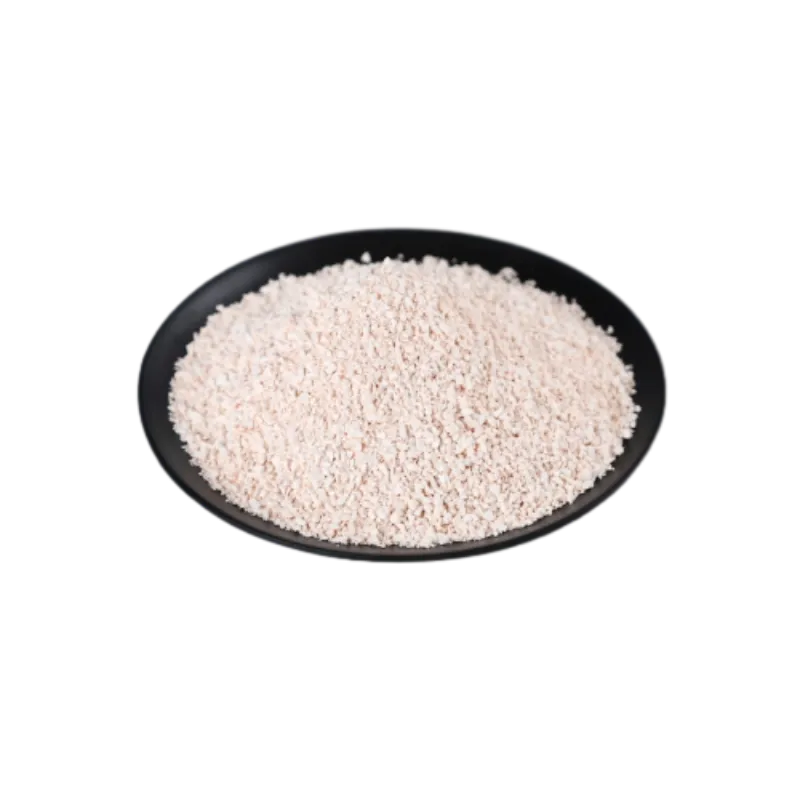
12월 . 20, 2024 16:46 Back to list
Understanding the Longevity of Metal Roofs and Their Durability Over Time
How Long Can a Metal Roof Last?
When it comes to roofing materials, metal roofs are increasingly becoming a preferred choice among homeowners and builders alike. One of the most appealing attributes of a metal roof is its longevity. But how long can a metal roof actually last? In this article, we will explore the lifespan of metal roofs, the factors that influence their durability, and the benefits of choosing metal as a roofing material.
Lifespan of Metal Roofs
Generally, a well-installed metal roof can last anywhere from 40 to 70 years, depending on the type of metal used, the quality of installation, and the environmental factors it is exposed to. Some premium metal roofs, such as those made from copper or zinc, can even last over 100 years when maintained properly. In contrast, traditional asphalt shingles typically have a lifespan of about 15 to 30 years, making metal roofs a more durable and cost-effective choice in the long run.
Types of Metal Roofing
The lifespan of a metal roof can vary significantly based on the type of metal selected. Common types include
1. Steel Galvanized steel is the most commonly used form of metal roofing. With proper maintenance, a galvanized steel roof can last 40 to 70 years. Galvalume, a type of steel coated with aluminum, provides added resistance against rust and corrosion, often extending its lifespan.
2. Aluminum Aluminum roofs are lightweight and resistant to rust and corrosion, making them ideal for coastal areas where salt exposure can expedite deterioration. Aluminum roofs typically last around 50 years when maintained properly.
3. Copper One of the most durable metal roofing options, copper roofs can last over 100 years. Their lifespan is bolstered by the fact that copper develops a patina over time, which helps protect the underlying metal.
4. Zinc Similar to copper in terms of durability, zinc roofs have a lifespan of around 80 years. Zinc self-heals when scratched, providing additional longevity compared to other materials.
Factors Influencing Lifespan
While metal roofs are known for their durability, several factors can influence their lifespan
how long can a metal roof last

1. Quality of Installation A poorly installed metal roof can lead to issues such as water leaks, which can cause significant damage. Hiring experienced professionals for installation can help ensure the longevity of your roof.
2. Maintenance Regular maintenance is crucial to extending the lifespan of any roofing material, including metal. Cleaning debris from gutters, inspecting for rust or corrosion, and ensuring proper ventilation can all play a role in preserving the integrity of your roof.
3. Environmental Factors Local weather conditions can significantly impact the lifespan of a metal roof. Areas prone to heavy snow or ice may require more frequent inspections and maintenance, while environments with extreme heat may call for specialized coatings to reflect sunlight and reduce thermal expansion.
4. Type of Finish Many metal roofs come with factory-applied finishes that offer additional protection against the elements. These finishes can enhance the roof's resistance to rust, fading, and weathering, thereby extending its lifespan.
Benefits of Metal Roofing
In addition to its impressive lifespan, metal roofing offers several other benefits
- Energy Efficiency Metal roofs reflect solar radiant heat, which can help reduce cooling costs in warmer climates.
- Sustainability Many metal roofing options are made from recycled materials and are themselves recyclable at the end of their life cycle, making them an environmentally friendly choice.
- Aesthetic Variety Metal roofs are available in a wide range of styles and colors, allowing homeowners the flexibility to choose a roof that complements their home's architecture.
- Fire Resistance Metal roofing is non-combustible, providing a higher level of fire resistance compared to traditional roofing materials.
Conclusion
In summary, metal roofs can last anywhere from 40 to over 100 years, depending on various factors, including the type of metal, installation quality, and maintenance. While the initial investment may be higher than other roofing materials, the long-term benefits—such as durability, energy efficiency, and aesthetic versatility—make metal roofing a wise choice for many homeowners. If you’re considering a new roof or roof replacement, weigh the longevity and benefits of metal roofing to make an informed decision that will serve you well for decades to come.
-
Energy-Efficient Rooftop Cooling Sheets & Ceramic Tiles for Heat Reduction
NewsMay.19,2025
-
Average Cost to Replace Asphalt Shingles Per Sq Ft & Roof Estimates
NewsMay.19,2025
-
Mud Tiles for Roof Durable & Eco-Friendly Clay Roofing Solutions
NewsMay.19,2025
-
Dimensional Fiberglass Shingles Durable 3D Roofing for Style & Longevity
NewsMay.18,2025
-
Average Asphalt Shingle Roof Cost 2023 Replacement & Sq Ft Pricing
NewsMay.18,2025
-
New Roof Shingles Losing Granules? Durable Solutions & Prevention Tips
NewsMay.17,2025







